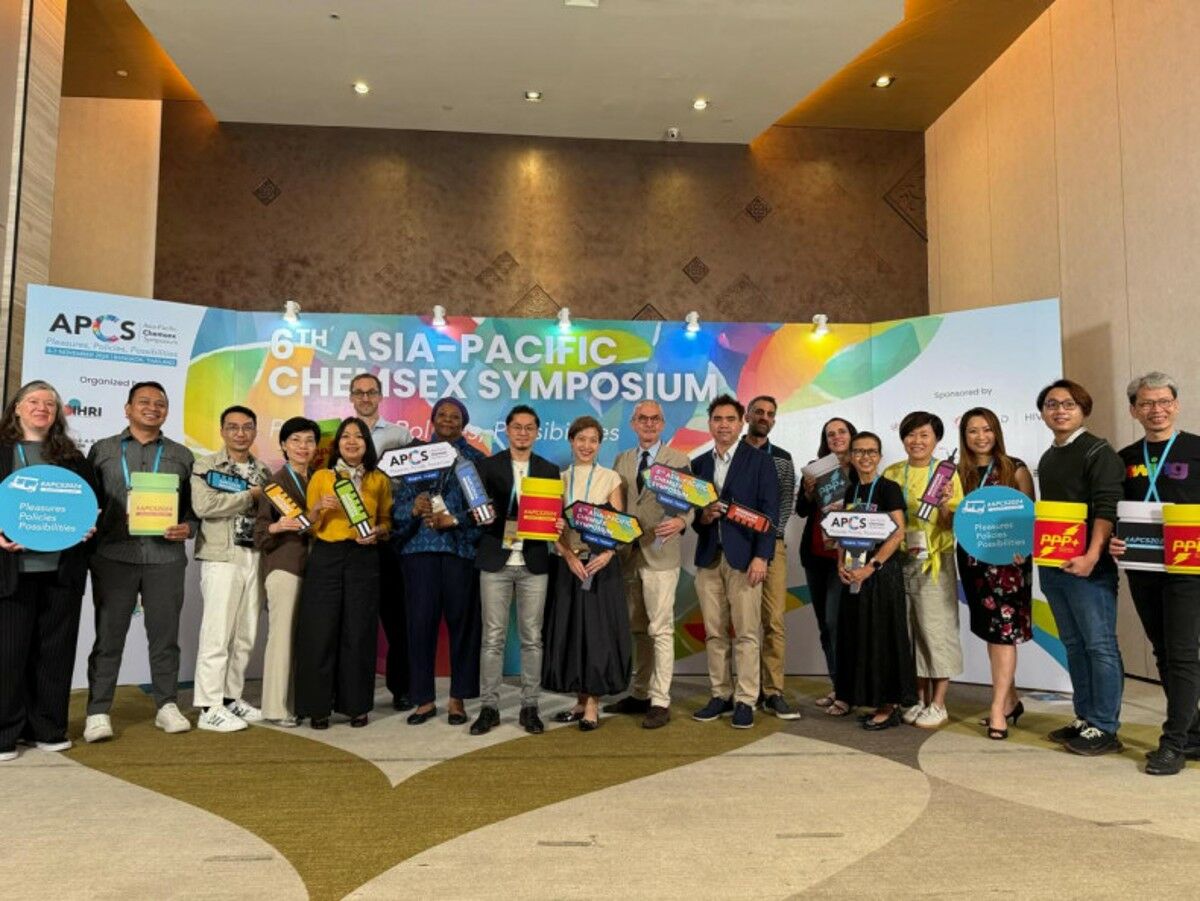UN unveils toolkit to improve chemsex healthcare access

UN agencies have unveiled a novel toolkit aimed at enhancing healthcare access for those engaging in chemical sex, or chemsex, while minimising stigma. This initiative was launched during a two-day symposium in Bangkok, underscoring a commitment to improving health services for individuals involved in chemsex, a practice involving drug use to intensify or extend sexual experiences.
The Joint United Nations Programme on HIV/AIDS (UNAIDS) and the United Nations Office on Drugs and Crime introduced the toolkit after the 6th Asia-Pacific Chemsex Symposium: Pleasures, Policies, Possibilities.
This event was organised by the Institute of HIV Research and Innovation, Universiti Malaya, Swing Thailand, HEART Taiwan, and the Malaysian Aids Foundation. The symposium sought to deepen understanding of chemsex practices, examine drug policies, and assess their impacts on healthcare systems across the Asia-Pacific region.
The toolkit is intended to guide health service providers in delivering attentive and empathetic care to gay, bisexual men and men who have sex with men (GBMSM) and transgender women, as explained by Suniya Taimour from the UNAIDS Pakistan Country Office.
“It has been developed collaboratively, incorporating the insights and experiences of key populations from different countries. It also provides guides, tools, and training through various modules, stressing compassionate engagement with those involved in chemsex.”
This resource also addresses the gender and sexuality regulations prevalent in many Asia-Pacific countries, which often pose challenges for individuals seeking healthcare. Taimour highlighted the stigma that chemsex participants face when accessing health services, noting instances where healthcare providers, due to a lack of understanding about drug use, fail to deliver adequate care.
“Professionals sometimes overly focus on drug-use behaviours, neglecting their duty to offer nonjudgmental and empathetic healthcare.”
The toolkit’s potential impact on Thailand was also discussed, with Taimour praising the country’s progressive stance compared to its regional counterparts. She suggested that Thailand could leverage the toolkit to enhance awareness among healthcare providers.
“We can start small by demonstrating what good practices look like and gradually expand across services and borders.”
By focusing on community-led models and harm reduction services, the symposium and the accompanying toolkit aim to foster a more inclusive and supportive healthcare environment for those involved in chemsex, promoting both safety and dignity, reported Bangkok Post.
Frequently Asked Questions
Here are some common questions asked about this news.
Why is it crucial to address stigma in healthcare for chemsex participants?
Stigma can deter individuals from seeking necessary healthcare, exacerbating health issues and undermining public health efforts.
How might Thailand’s progressive stance influence regional healthcare practices?
Thailand can serve as a model for implementing stigma-reducing healthcare practices, potentially inspiring similar reforms in neighbouring countries.
What if healthcare providers received comprehensive training on chemsex?
Such training could lead to more empathetic and effective care, reducing stigma and improving health outcomes for chemsex participants.
What role do community-led models play in enhancing healthcare for chemsex individuals?
They offer culturally sensitive and accessible services, fostering trust and encouraging individuals to seek needed healthcare.
How can a toolkit foster cross-border healthcare improvements in the Asia-Pacific region?
By offering standardised guidelines and training, it can harmonise practices, enhancing care quality across different countries.
Latest Thailand News
Follow The Thaiger on Google News:


























